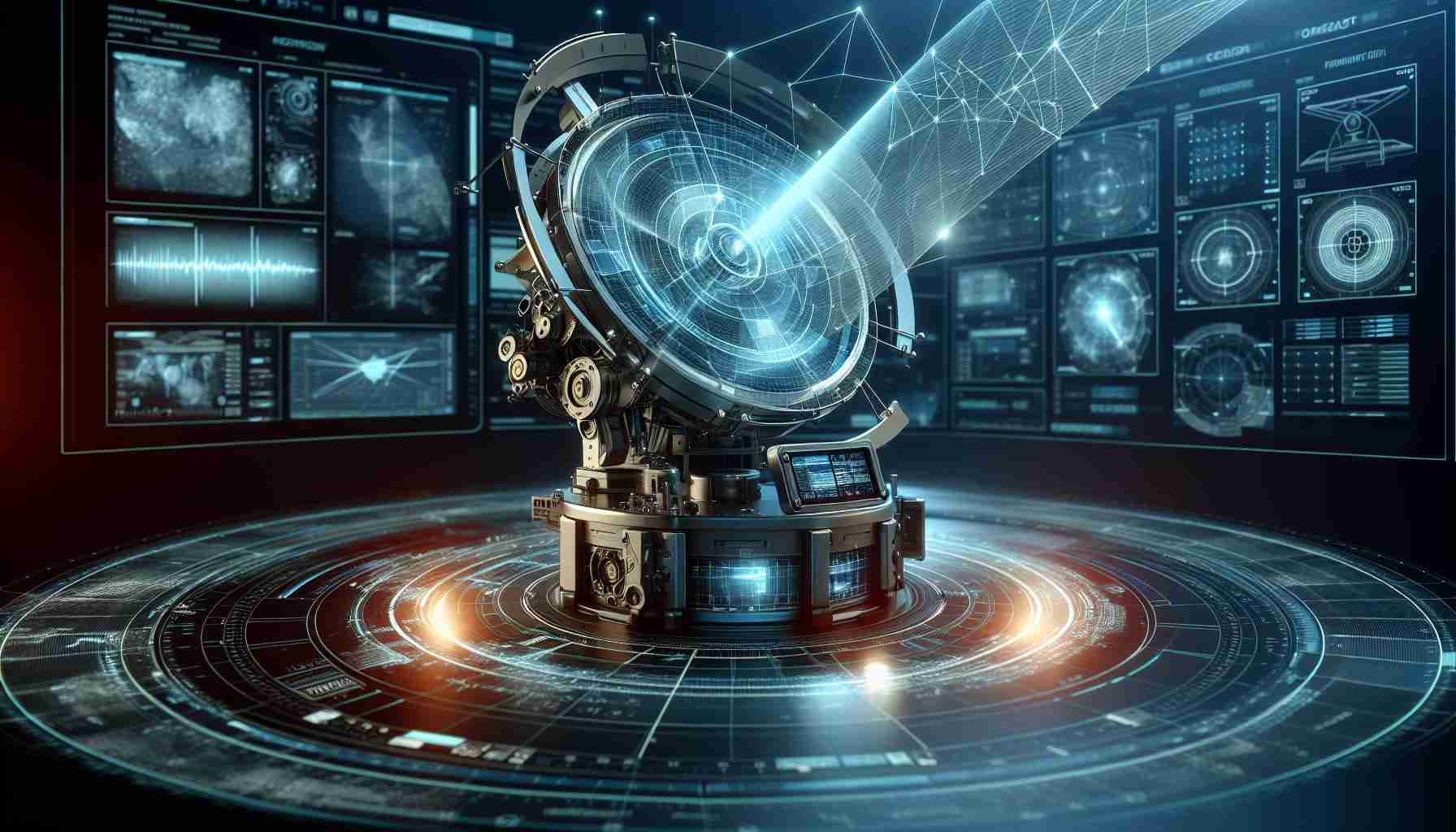In the rapidly evolving world of technology, radar systems are on the brink of a transformative leap. Enter cognitive radar technology, the next frontier that promises to reinvent traditional radar systems. This cutting-edge advancement isn’t just about detection; it’s about adaptation and learning, essentially making radar systems smarter.
Cognitive radar differs dramatically from its predecessors by integrating artificial intelligence and machine learning to process data in real-time. Unlike conventional radar, which relies on pre-set parameters, cognitive radar systems adapt dynamically to their environments. This means they can learn from previous operations, anticipate potential threats, and adjust their strategies accordingly.
One of the most exciting applications of cognitive radar is in the realm of autonomous vehicles. As self-driving technology inches closer to mainstream adoption, cognitive radar could provide an unparalleled level of safety. By offering precise detection in varying weather conditions and complex urban environments, it takes vehicle autonomy to unprecedented levels.
Moreover, the integration of cognitive radar in drone technology marks another major innovation. Enhanced target recognition and decision-making are revolutionizing search and rescue missions and surveillance activities, making them faster and more reliable.
With these advancements, cognitive radar is set to play a pivotal role in both civilian and military applications. The ability for radar systems to learn and adapt in real-time is not just a leap in technology; it’s a glimpse into the future of intelligent sensing systems. As research and development continue, the potential applications appear limitless, hinting at a future where radar systems are as intuitive as they are indispensable.
Cognitive Radar: The Sentinel of Our Future
Cognitive radar technology is not just about adaptation and learning; it’s pioneering a revolution that could redefine humanity’s interaction with the world. Did you know that these intelligent systems could redefine privacy concerns and air traffic control?
Cognitive Radar and Privacy: As cognitive radar systems grow more prevalent, questions about privacy arise. With their ability to learn and predict human behavior, could cognitive radar inadvertently cross privacy boundaries? Unlike traditional systems, cognitive radar’s capability to adapt and predict may lead to unintended and intrusive monitoring, raising ethical concerns. Privacy-sensitive industries might face dilemmas balancing technological advancement and personal rights.
Air Traffic Control Revolution: You might wonder, how will cognitive radar impact air traffic control? Its integration could redefine how airports manage flights. Cognitive radars promise enhanced prediction of weather patterns and more efficient allocation of airspace, drastically reducing delays and improving passenger safety. This could lead to flights that are not only safer but also more environmentally friendly by reducing excess emissions through optimized routes.
Advantages and Disadvantages: The adaptability of cognitive radar is its greatest strength, offering unparalleled precision in unpredictable conditions. However, this adaptability also demands robust cybersecurity measures. The reliance on AI makes these systems vulnerable to hacking, posing a significant challenge for developers.
As we look towards the future of cognitive radar, its potential to advance humanity is as profound as its challenges are complex. Will the promises outweigh the risks? Only time will tell as we tread carefully amidst remarkable technological strides. For more on technology advancements and ethics, visit TechCrunch and WIRED.







